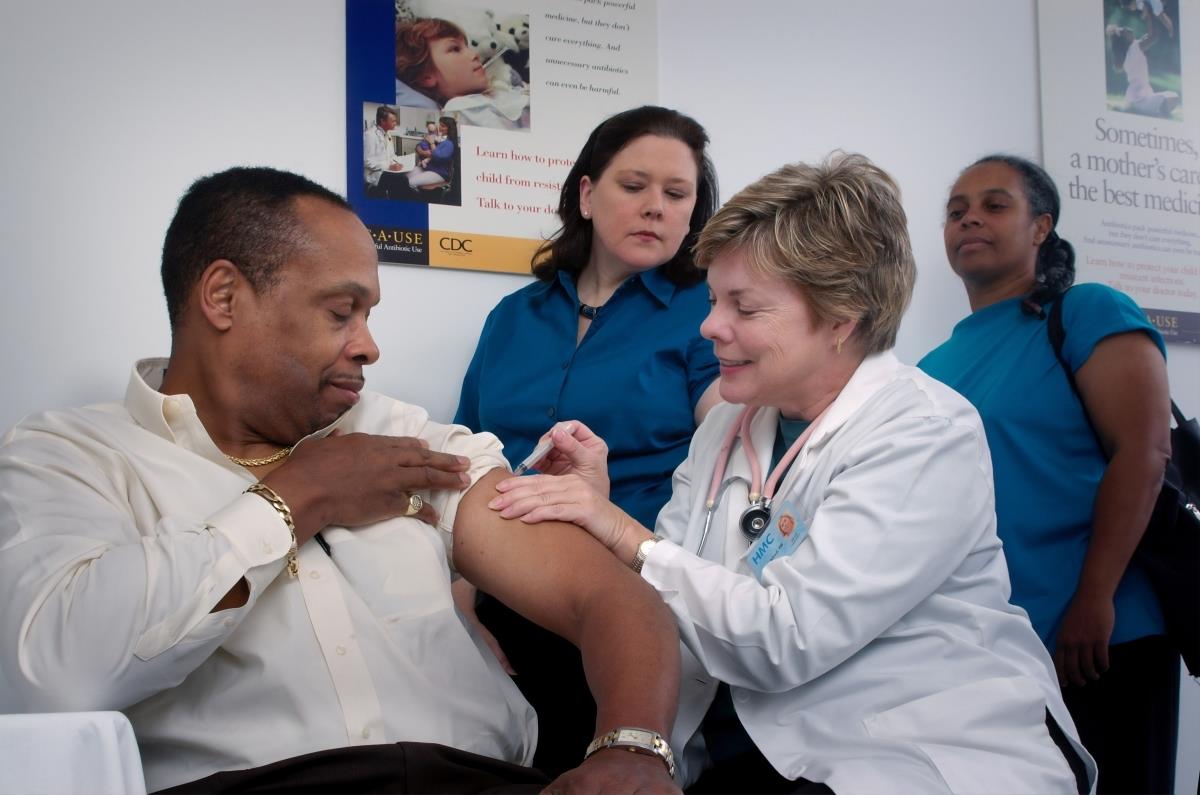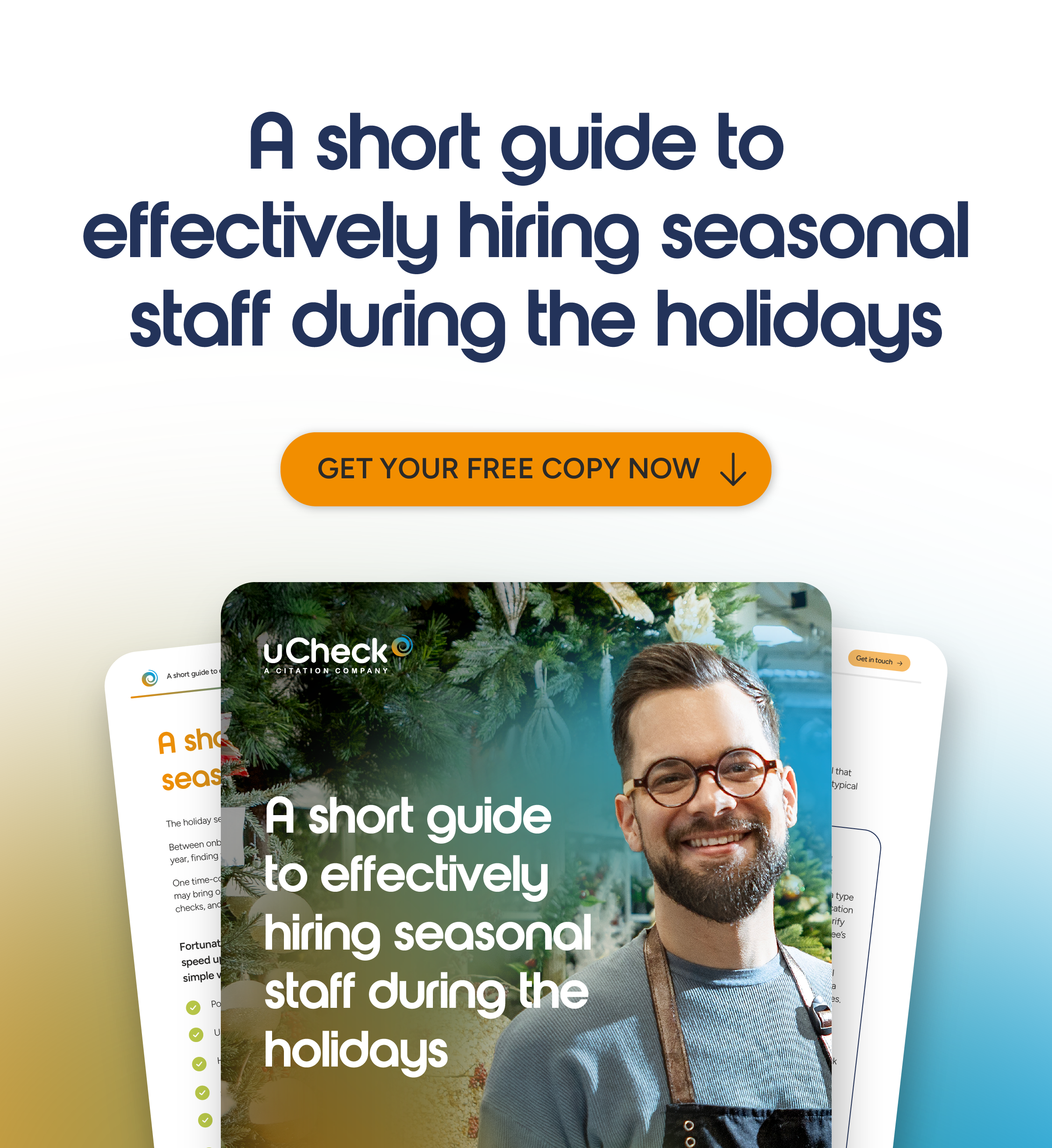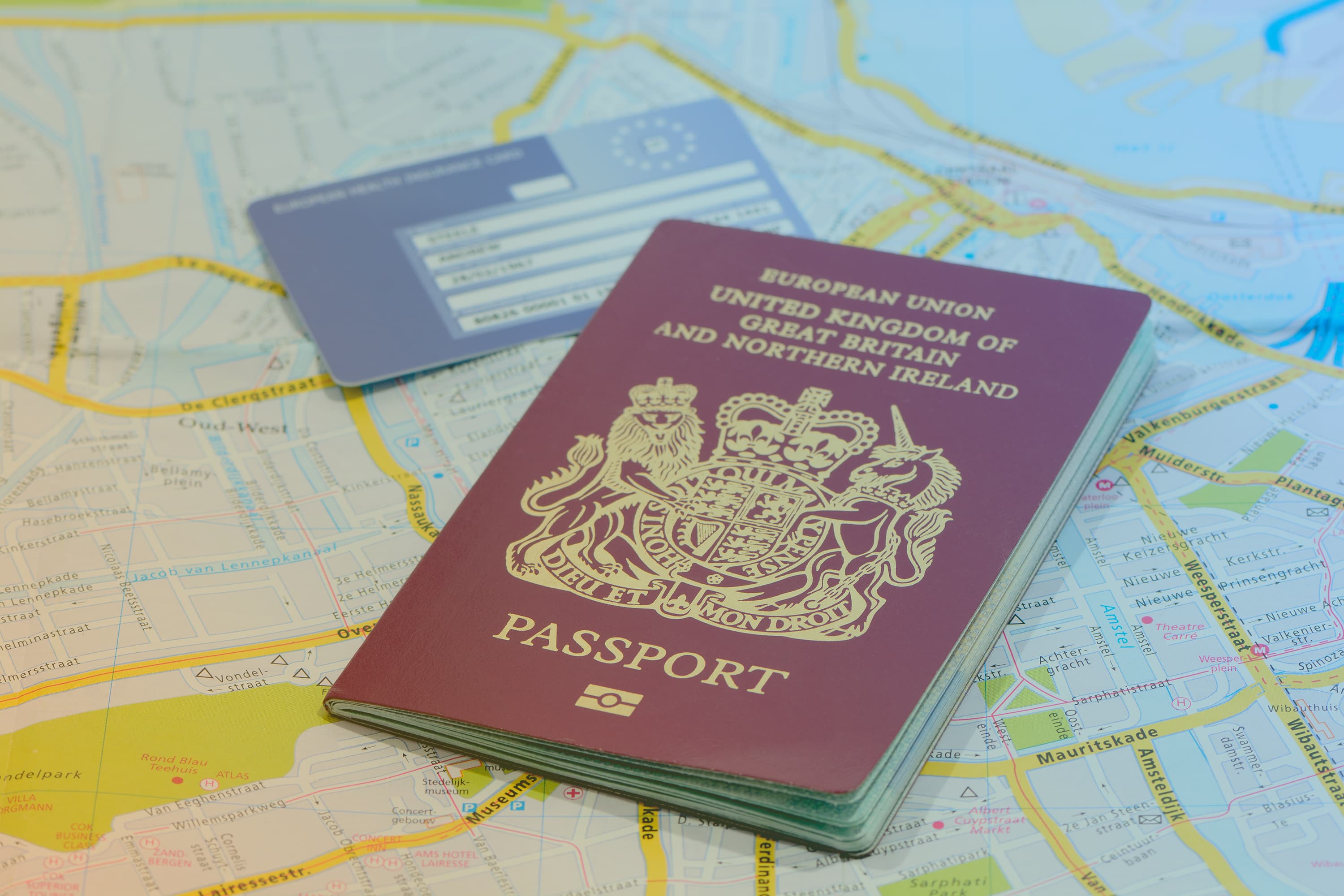DBS Checks are a vital part of safeguarding when working with children or vulnerable adults in regulated activity.
They allow employers to check the convictions and cautions of potential employees, to be sure they are safe to be employed in certain key roles.
But what is the definition of a vulnerable adult and safeguarding, and what is classed a regulated activity? If you’re hiring or applying for a role that may involve contact with vulnerable adults and you’re unsure of the definition of this group, we’ve put together this quick guide to help explain.
What is safeguarding?
Safeguarding is the process of protecting the right to life in safety – free from sexual abuse, physical abuse and neglect.
Adults may be unable to take care of or protect themselves for many reasons – including age, illness or disability. When abuse does take place, it’s unfortunately common for vulnerable adults not to reveal what’s happening.
Protecting those at risk involves identifying those who may cause harm before it can take place. Employees working in regulated activity with vulnerable adults are in a critical position for safeguarding, so are subject to more stringent checks by the DBS.
But how does the DBS define what is a vulnerable adult – and what checks do they have to undergo?
What are ‘vulnerable adults’?
The Disclosure and Barring Service’s ‘vulnerable adult’ definition is based on the activities and services required by the adult, rather than any personal characteristics they might have. So who are vulnerable adults?
To decide whether an individual is a vulnerable adult, you must first see if they are classed as an adult alone.
If a 16-year-old is out of full-time education, they would then be classed as an adult. They could fall into the vulnerable category if they met set criteria.
If a person is in full-time education between the ages of 16 and 18 they would be classed as a child within the DBS criteria. They become an adult when they turn 18.
For all adults, the DBS will deem them as ‘vulnerable’ if they require regulated activity to be provided to them.
What is ‘regulated activity’?
‘Regulated activity’ is a classification used to determine what level of DBS Check an employee or volunteer should have.
If a role involves working in regulated activity, the applicant will be required to undergo an Enhanced DBS Check, rather than a Basic or Standard DBS Check. This will also involve a check of the relevant barred list.
Regulated activity can relate to either children or vulnerable adults. There are two corresponding barred lists, which will be checked along with the enhanced disclosure.
The children’s and adults’ barred lists are maintained by the DBS, and list individuals who have been barred from working with those groups.
It’s against the law to employ someone in a role that involves working in regulated activity with vulnerable adults and/or children if they’ve been barred from doing so.
Below, we have provided all examples of regulated activity with adults. A candidate must be working in one of these roles for an employer to be eligible to request the check of the adults’ barred list for this employee.
Working in regulated activity with vulnerable adults
There are six categories that fall under the definition of working in regulated activity with vulnerable adults:
- Healthcare for adults provided by a regulated healthcare professional
- Someone who is working under the direction or supervision of a regulated healthcare professional
- Personal care for adults involving:
- Hands-on physical assistance with washing and dressing
- Eating, drinking and going to the toilet
- Prompting and supervising an adult with any of these tasks because of their age, illness or disability
- Teaching someone to do one of these tasks
- Social work – provision by a social care worker or social work which is required in connection with any health services or social services
- Assistance with an adult’s cash, bills or shopping because of their age, illness or disability arranged via a third party
- Conveying adults for reasons of age, illness or disability to, from, or between places, where they receive healthcare, personal care or social work arranged via a third party
- Day-to-day management or supervision of anyone carrying out any of the activities listed above
Who is not classed as a ‘vulnerable adult’?
The following would not be classed as ‘vulnerable adults’:
- Someone receiving personal care for a reason unrelated to their age, illness or disability – i.e. someone getting a haircut because they would like one
- Refugees
- A 16-18 year old in full-time education
Conclusion
We hope that this blog has helped you to understand the definition of ‘vulnerable adult’ by the DBS and the scope of the term, as well as the associated level of DBS Check required when engaging in regulated activity with vulnerable adults.
Be sure to get in touch with us if you have any further questions. You can apply for a number of DBS Checks through our simple online platform – most checks are completed within 48 hours. Get started now.







